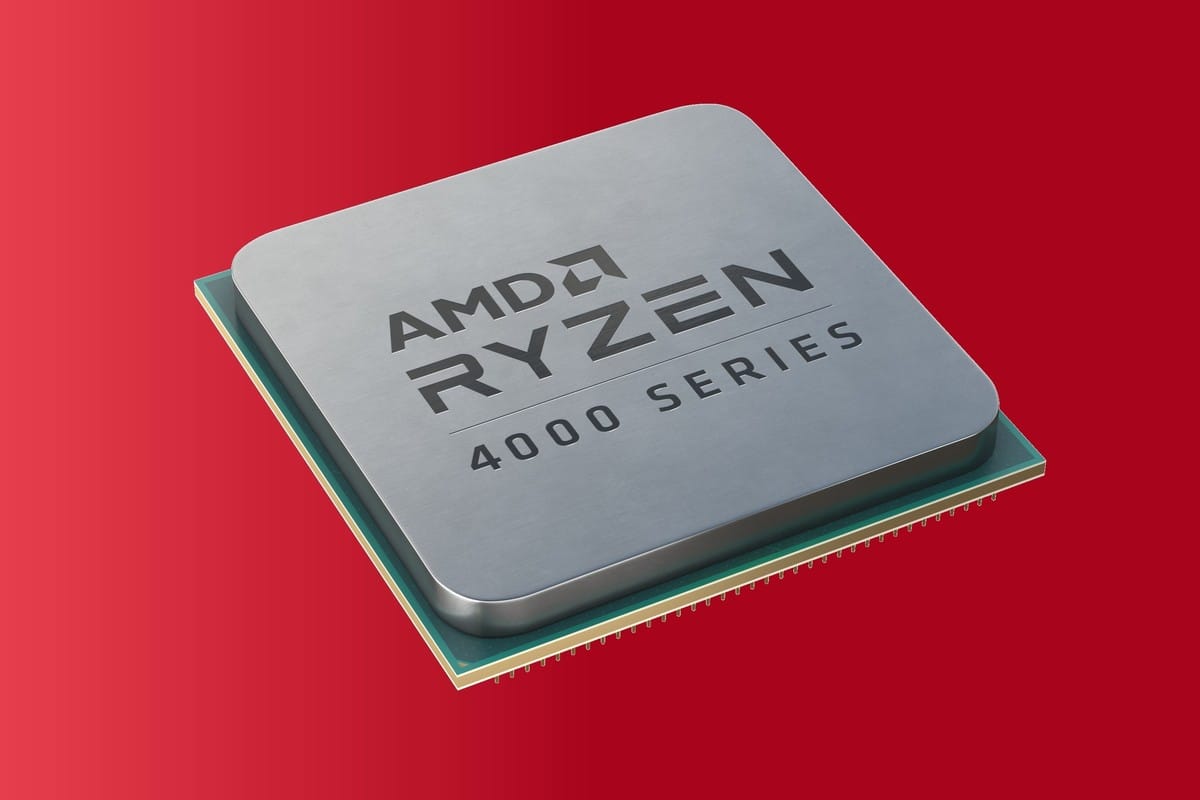[responsivevoice_button rate=”1″ pitch=”1.2″ volume=”0.8″ voice=”US English Female” buttontext=”Story in Audio”]
AMD’s notebook PC share climbs to an all-time high of nearly 20 percent

AMD’s share in the notebook PC market is now the highest ever, just under 20 percent, the company said Tuesday night.
AMD’s market share of X86 notebook PCs now stands at an all-time high of 19.9 percent, according to the company, citing a Tuesday report by analyst firm Mercury Research. Though PCWorld did not have access to the full report, Dean McCarron, the Mercury analyst who authored it, confirmed the accuracy of AMD’s statement in an email.
Though neither AMD nor Mercury cited the reasons for AMD’s strength in the notebook PC market, it’s reasonable to assume that AMD’s mobile Ryzen 4000 is the cause. AMD’s latest mobile chip is blowing away Intel in terms of performance. Notebook sales more than doubled during AMD’s recent quarter. AMD’s mobile Ryzen 4000 now powers 54 notebooks, and there are 30 more waiting in the wings, AMD CEO Lisa Su said.
Meanwhile, AMD’s share of the desktop X86 PC market is nearly as high, at 19.2 percent. This is the highest share of the desktop PC market for AMD since the first quarter of 2014, when AMD was shipping desktop processors based upon the “Jaguar” architecture.
In terms of overall share in the X86 client market, (excluding IoT) AMD stands at 19.7 percent, its highest point since the first quarter of 2012. AMD’s overall X86 share, factoring in everything, is 18.3 percent, according to the Mercury numbers cited by AMD.
Intel’s numbers were not immediately available—though, based upon the traditional dichotomy of the PC market, any gains by AMD reflect losses by Intel. Intel’s second-quarter results were excellent; it was just its outlook, and its manufacturing roadmap, that concerned Wall Street. Intel now says that it can address the low end of the PC market in addition to the “many core” processors it initially prioritized during the quarters when it was unable to make enough chips.
“We expect our share to improve throughout the remainder of the year as we begin to recover unit share in notebooks utilizing our smaller core products which we have not been able to fully serve given the strength of demand for our large-core products,” Intel chief financial officer George Davis said during the call.
Mercury’s McCarron said that he planned to release more of the data from his report to the public on Wednesday.

























